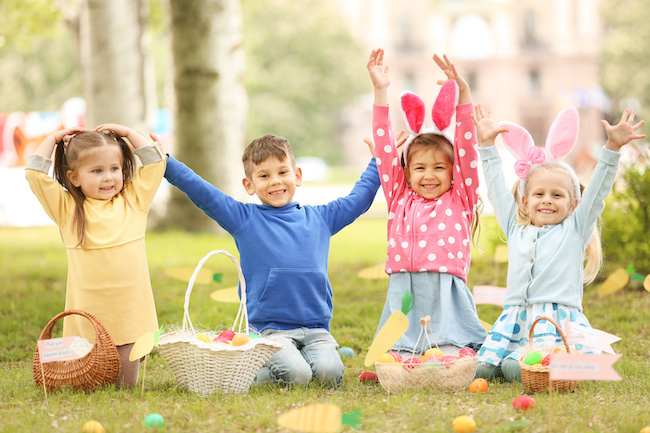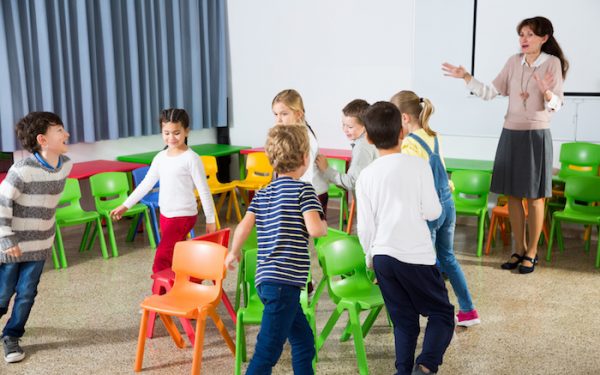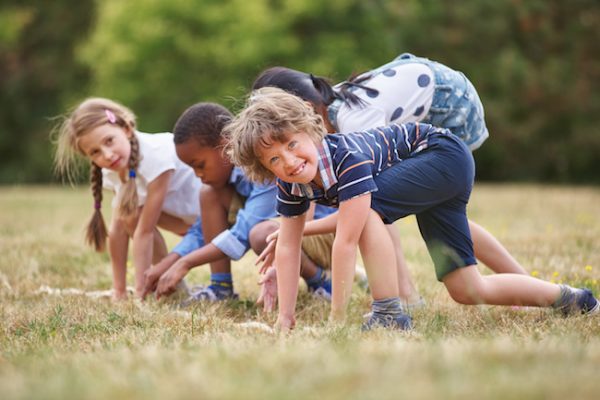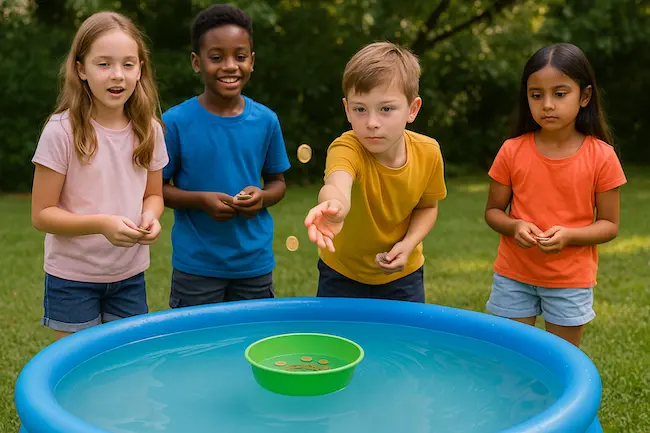Easter Egg Puzzle Hunt: A Twist on a Classic Easter Game
The Easter Egg Puzzle Hunt combines the thrill of an egg hunt with the challenge of puzzle-solving, making it a fun and engaging activity for kids and families. It’s perfect for Easter celebrations, encouraging teamwork, problem-solving, and interactive play.
Game sheet
- Number of Players: 3 or more
- Ages: 5+
- Setting: Indoors or outdoors
- Play Time: Approximately 30 minutes
Materials Needed
To set up the game, you’ll need the following supplies:
- Plastic Easter Eggs: Enough to hide all puzzle pieces.
- Puzzle Pieces: A large puzzle that fits inside the eggs. You can choose an Easter-themed puzzle or one with a hidden message.
- Baskets or Bags: For collecting eggs.
- Optional Prize: A reward for completing the puzzle, such as candy, a small toy, or a special certificate.
This combination of materials ensures an exciting and educational Easter adventure.
How to Play the Easter Egg Puzzle Hunt
1. Prepare the Puzzle and Eggs
Start by disassembling a puzzle and placing each piece inside a plastic Easter egg. If you have a large group, consider using multiple puzzles so that more participants can engage in the game.
2. Hide the Eggs
Scatter the eggs around your designated play area. For younger kids, keep hiding spots easy to find, while older children may enjoy more challenging locations.
3. Start the Hunt
Divide the players into teams or let them play individually. Provide baskets or bags to collect eggs and explain the goal: find all the puzzle pieces and assemble the puzzle.
4. Assemble the Puzzle
Once all the eggs are found, or after a set time limit, players begin piecing the puzzle together. This can be a race to finish first or a cooperative effort.
5. Reveal the Prize or Message
The completed puzzle can reveal a hidden message leading to a prize or simply be a fun accomplishment for the group to enjoy.
This exciting combination of physical activity and problem-solving makes for an unforgettable Easter experience.
Turn your Easter celebration into an exciting adventure with The Easter Curse (Ages 10+), a thrilling escape room kit to print and play at home!
Game Variations of the Easter Egg Puzzle Hunt
To keep the game fresh and exciting, try these creative twists:
- Themed Puzzles: Choose a puzzle that fits a special theme like spring, animals, or favorite cartoons.
- Educational Challenge: Use letter or number puzzles to add a learning element.
- Timed Race: Set a countdown clock for added urgency.
- Glow-in-the-Dark Hunt: Use glow-in-the-dark eggs and flashlights for a nighttime adventure.
- Scavenger Hunt Style: Add written clues in some eggs to lead players to the next hiding spot.
These variations allow for flexibility, making the game fun for all ages. Add a fun guessing game to your Easter celebration with The Bunnies Nest Game! Challenge guests to estimate the number of Easter eggs in a basket and win a prize.
Educational Benefits of the Easter Egg Puzzle Hunt
Beyond the fun, this game also provides important learning experiences:
- Problem-Solving Skills: Players must figure out how to assemble the puzzle pieces correctly.
- Teamwork & Communication: Encourages collaboration and shared decision-making.
- Fine Motor Skill Development: Picking up and placing puzzle pieces helps with dexterity.
- Spatial Awareness: Kids learn how different shapes fit together.
- Patience & Focus: Searching for eggs and completing the puzzle require concentration.
- Physical Activity: Keeps kids active as they run around finding eggs.
- Creativity & Imagination: The excitement of hunting and assembling keeps young minds engaged.
The Easter Egg Puzzle Hunt is a fantastic way to mix fun and learning while celebrating the holiday in a new and interactive way!
Explore our collection of Easter treasure hunts, mystery games, and escape rooms, perfect for bringing excitement and adventure to your celebration!






